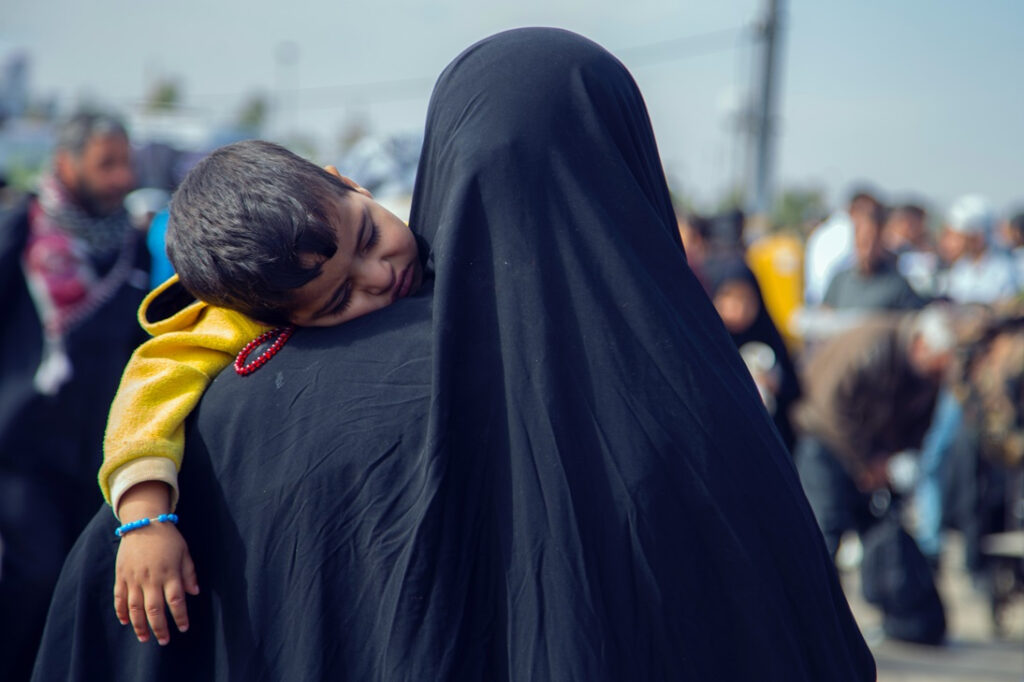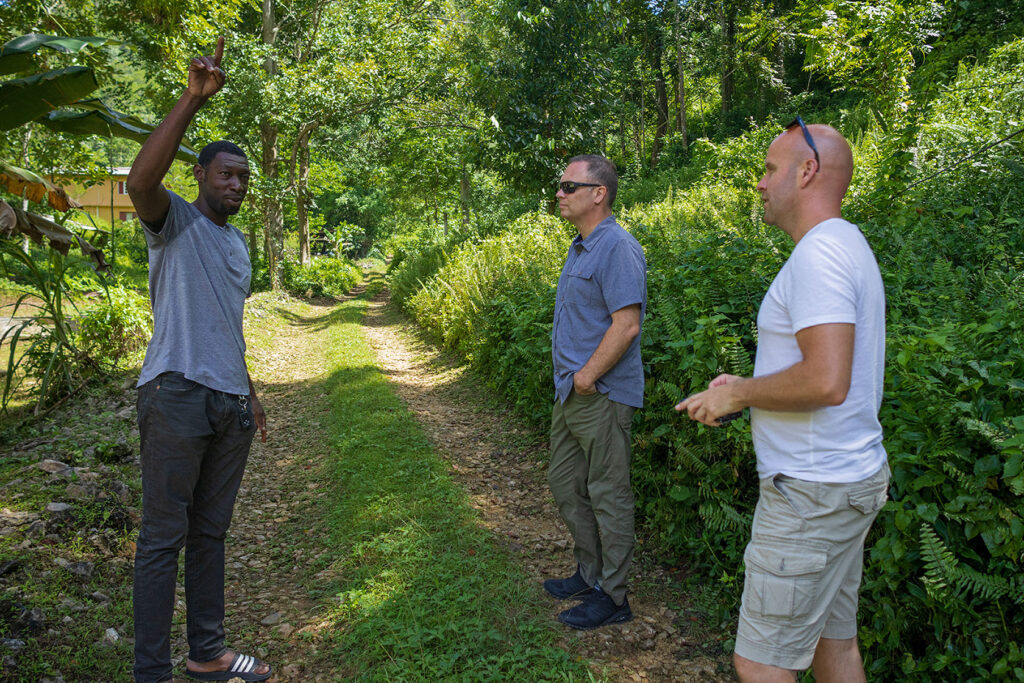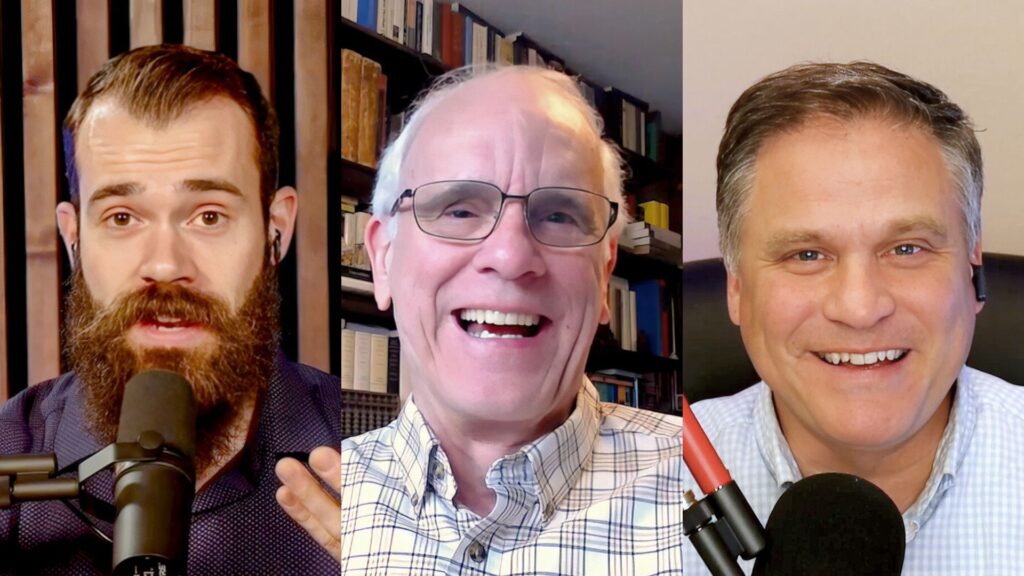Sometimes they are a simple “see you tomorrow,” while other times they are forever. Many times, those “forever goodbyes” are associated with hugging friends before airport security or kissing our pets one last time. David Pollock, a pioneer in TCK research, wrote, “Most TCKs [Third Culture Kids] go through more grief by the time they are 20, than mono-cultural individuals do in a lifetime.”
Unfortunately, for Missionary Kids (MKs) and TCKs, the goodbyes go deeper than that. We must give up our favorite foods, the culture we adapted to, and sometimes even a language. My family moved to South Africa when I was four. Fast forward 13 years: I’ve given up three countries, and each one has brought different heartaches with the goodbye. Instead of simply saying goodbye to people, we must give up every single familiar aspect in our lives. To say “goodbye” means the loss of a world to an MK, and I want to help people understand the blend of pain and beauty that we are left with. “MKs just learn to love and leave,” in the words of Linda Kelley, a mother of MKs.
No one really talks about what happens afterward. No one shares about the months they cried themselves to sleep. No one mentions the heartbreaking feeling they got when something so precious to them was no longer in their life. No one wants to come to grips with how much those goodbyes broke them.
I’m here to tell you that they broke me—that they broke us.
Even though MKs struggle with this grief daily, we never talk about it. It feels trivial to bring up how we cried that morning because the air smelled different, or because there weren’t any birds outside our window. We don’t want to complain or seem ungrateful, especially when our families are in the middle of transitioning to a new field. Our entire world has changed—with a new language, culture or atmosphere—and every single encounter we have reminds us of our loss. And yet, we don’t want to make our parents feel guilty about the move. Instead, we stay quiet and push those feelings aside.
“I learned to squelch the grief over the loss of that person in my daily life, with their warm smile, hearty laughter, and comforting hug,” said Debbie Warren, MK from Nigeria. “A phrase I heard often—‘We’ll see them in heaven’—told me to stuff the ache and stop complaining.”
In one sense, this is true—we will see some of those people again. But our tears aren’t just for the people. They’re for the colors of the native fabrics, the taste of our favorite foods, and the smell of sea salt in the air. I don’t go a day here in Portugal without longing for my old home in Tanzania, even though I moved over a year ago. MKs don’t simply mourn the loss of people; we mourn the loss of a country.
The pain and loss continue to build as the grief begins to overwhelm us. Unfortunately, most MKs are never taught how to properly handle grief. Instead, it grows in secret until it starts to affect every part of us. Some of us never move on and simply choose to numb the pain. We cut ties with our old lives, but we never attempt to build a new one. Others develop a constant fear of loneliness and loss, throwing themselves too quickly into friendships and relationships in the hope that they won’t ever have to say goodbye again.
The fear of goodbyes is very real. It’s a natural tendency to try and avoid the same type of pain in the future. While some MKs have no problem saying goodbye, others struggle with the concept. They find different ways to word it, or they avoid goodbyes altogether.
Another MK from India, Joy Ziemann, said, “I have a hard time saying goodbye. It is easier to say ‘see you’ and pretend it is not really goodbye.”
I’m trying my very hardest to show churches, family members, and supporters what being an MK truly means. I want you to know that, while we may seem strong, or emotionally detached from the moves, we struggle with the loss of countries, cultures, and customs. It’s not as simple as moving states or school districts. We feel the grief from these moves for years.
However, I can say that over the years the pain fades. It gradually shifts to a dull ache that comes and goes. And you know what? I wouldn’t trade those memories for the world. I wouldn’t change a single second of my past, even if it would’ve made the goodbye less painful.
Goodbyes never get any easier, but they eventually turn into bittersweet memories that remain with us forever—a closing point in that part of our lives which ended a wonderful chapter. These goodbyes slowly morph from painful experiences to melancholy memories that are never forgotten.
This is the beautiful art of goodbyes.




